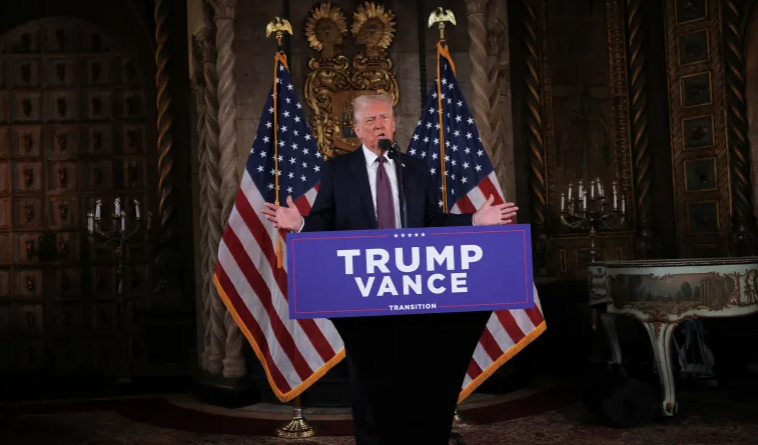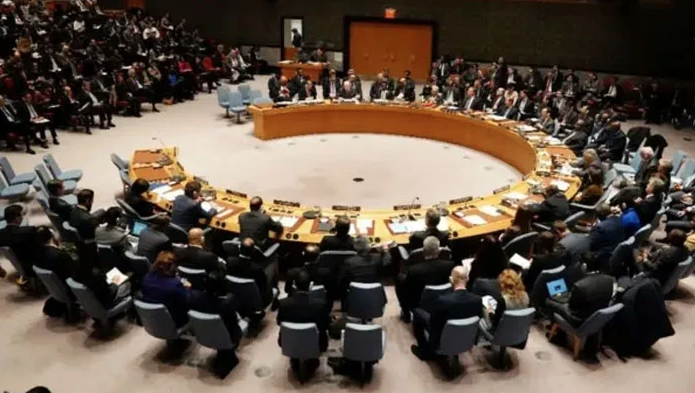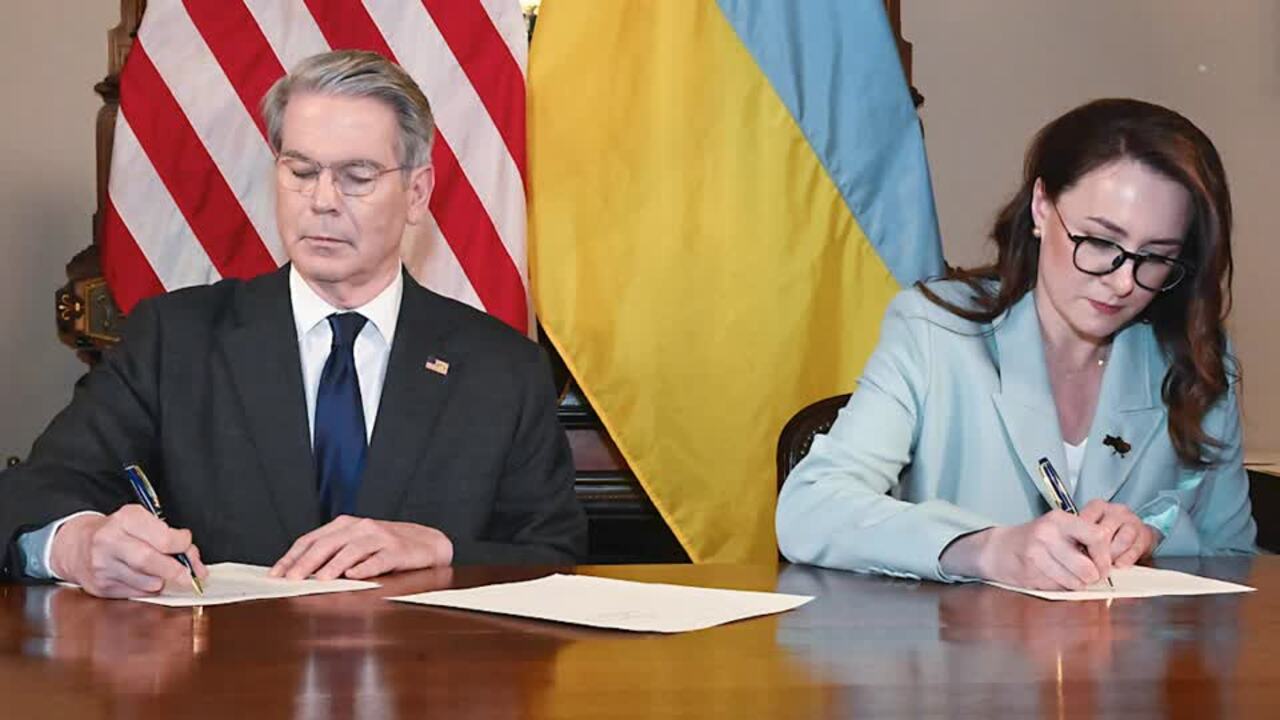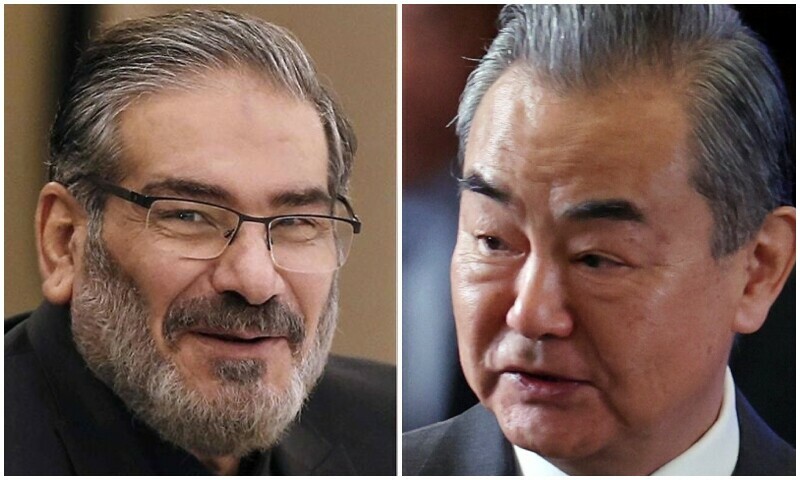WORLD NEWS

United States President-elect Donald Trump has once again drawn intense criticism from world leaders with a series of provocative foreign policy proposals made during a media conference held on Tuesday. The outspoken former president, just weeks away from assuming office again, has made headlines with a controversial take on NATO’s involvement with Ukraine, the future of the Middle East, and even territorial claims on Canada, Greenland, and the Panama Canal.
NATO and Ukraine: A Shift in Position?
One of Trump’s most striking comments centered around NATO and Ukraine. Despite the alliance’s long-standing support for Ukraine’s eventual membership, Trump sided with Russia’s stance, claiming that NATO expansion to include Ukraine is a major source of conflict in the region.
“A big part of the problem is, Russia – for many, many years, long before Putin – said, ‘You could never have NATO involved with Ukraine,’” Trump explained, echoing long-held Russian concerns about NATO’s proximity to its borders.
While the Biden administration continues to champion Ukraine’s NATO future, Trump’s remarks signal a potential departure from the current U.S. stance. Trump has frequently criticized NATO, citing European nations’ insufficient defense spending, and used this latest opportunity to demand a drastic increase in defense budgets across the alliance—calling for 5% of GDP, far above NATO’s recommended 2%.
Tensions in the Middle East: 'Hell Will Break Out'
In the volatile Middle East, Trump warned of dire consequences if a resolution is not reached on the ongoing hostage situation between Hamas and Israel. “Hell will break out,” he said, threatening unspecified actions against Hamas, with the implications of his words causing concern about his approach to future conflicts in the region.
Regarding the U.S. involvement in Syria, Trump remained noncommittal. “I won’t tell you that, because that’s part of a military strategy,” he said, leaving questions about future U.S. military operations unresolved.
Acquiring Canada: A Controversial Economic Threat
In a bizarre twist, Trump hinted that Canada should become the 51st U.S. state—reigniting speculation about his previous comment suggesting military action to bring Canada into the fold. While dismissing the idea of using military force, he threatened to apply “economic force” against Ottawa.
The response from Canadian leadership was swift and emphatic. Outgoing Canadian Prime Minister Justin Trudeau shot down the proposal, firmly stating, "There isn’t a snowball’s chance in hell that Canada would become part of the United States."
Greenland and the Panama Canal: Territorial Ambitions and Global Reactions
Perhaps the most outrageous claims came regarding Greenland and the Panama Canal. Trump, who had previously suggested purchasing Greenland from Denmark, refused to rule out using military force to secure the territory for “national security purposes.”
When asked about the Panama Canal, which is now solely controlled by Panama after the U.S. relinquished control in 1999, Trump implied that the U.S. might need to take action to secure it. “The Panama Canal is vital to our country,” he said, leaving open the possibility of a military intervention.
Panama's Foreign Minister Javier Martinez-Acha quickly rebuffed Trump’s comments, declaring, “The sovereignty of our canal is non-negotiable,” while France warned against challenging the sovereign borders of the European Union.
Global Reactions: Outrage and Concern
The international community’s response has been one of alarm and disbelief. French Foreign Minister Jean-Noel Barrot told France Inter radio that there would be no tolerance for attacks on the European Union’s sovereign borders, directly addressing Trump’s comments about Greenland.
Countries like Denmark and Panama have firmly rejected Trump’s statements, underscoring the potential ramifications of his rhetoric. His remarks seem to be more about posturing than realistic policy, as many observers note that much of Trump’s foreign policy is driven by grand gestures rather than practical implementation.
Conclusion: A Fateful Return to the White House?
As Donald Trump nears his second term in office, it remains to be seen whether these provocative foreign policy ideas will become reality or remain as part of his usual rhetorical style. Either way, the global community is bracing for what could be a tumultuous period in U.S. foreign relations if Trump returns to power.




